Top 10 Health Benefits of Cucumber
Cucumber, despite usually being mistaken for a vegetable, is a fruit. It's abundant in essential minerals, as well as plant chemicals and antioxidants that may ... read more...aid in the treatment and prevention of certain illnesses. Cucumbers are also low in calories and high in water and soluble fiber, making them great for improving hydration and weight reduction. This article will introduce you to the most important health advantages of eating cucumbers.
-
Cucumbers are high in phytonutrients, which are plant-based elements that help protect against a variety of diseases. Cucumbers include antioxidants such as flavonoids, triterpenes, and lignans, as well as anti-inflammatory and cancer-fighting qualities.
Professional nutritionists and dieticians advocate putting cucumber skin and seeds on your meal since they contain many nutrients that are beneficial to your health. Eating a peeled or whole cucumber with the seeds intact will provide you with plenty of fiber and beta-carotene, an antioxidant that will strengthen your immunity. Furthermore, the modest cucumber provides you with blemish-free skin and superb eyesight.
The Food and Drug Administration of the United States suggests consuming half a cup of unpeeled, sliced cucumber. A serving of 52 grams of cucumber contains only 8 calories and contains no fat. There is no cholesterol or sugar in a single serving. If you eat it as a raw salad with no dressing, you may take one mg of salt. You get 1% calcium, iron, and Vitamin A, but twice as much Vitamin C, or 2%.
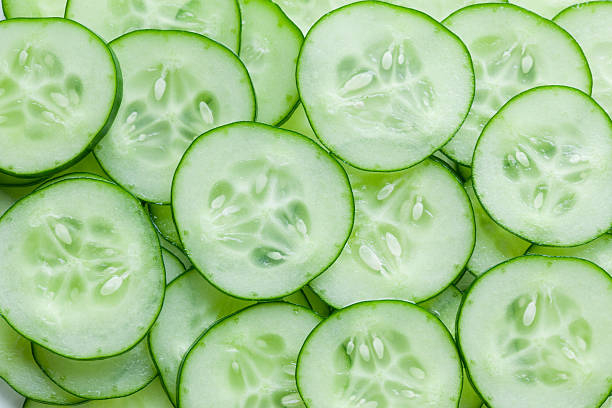
High in Nutrients 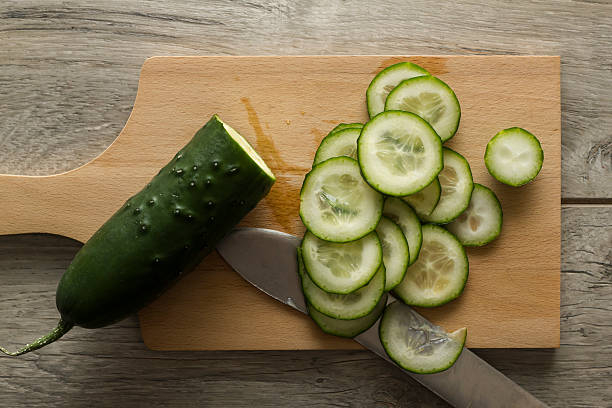
High in Nutrients -
Water is regarded as a life-giving fluid that is required by your body. Dehydration occurs when the body lacks the necessary quantity of water, making you vulnerable to a variety of ailments. Cucumber, on the other hand, restores the lost water within your body, keeping you completely hydrated. Remember to take a few cucumber slices after a vigorous workout or rigorous physical activity, especially during the summer.
Cucumbers are primarily water, but they also provide vital electrolytes. They can aid in the prevention of dehydration in hot weather or following an exercise. Cucumber and mint can make water more appealing to folks who do not love drinking it. Staying hydrated is critical for maintaining a healthy bowel, avoiding constipation, and avoiding kidney stones, among other things. Cucumber is one of the most hydrating fruits and vegetables.
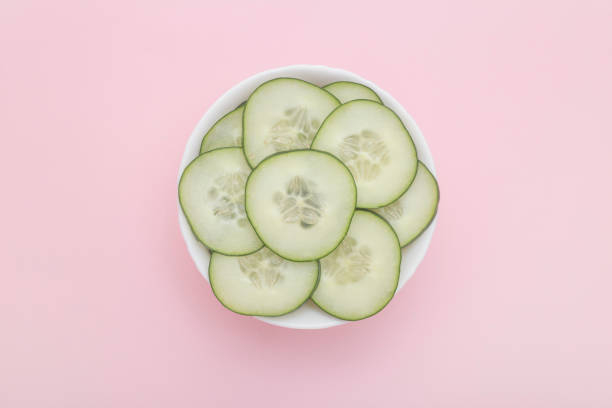
Fight Dehydration 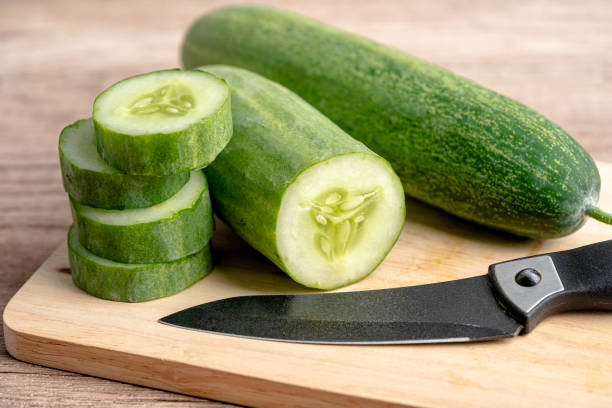
Fight Dehydration -
Cucumbers are also high in calcium, which helps to prevent bone density loss and fractures. Don't forget to include cucumber in your diet if you want to maintain healthy bones and cartilages as you age. Cucumber also aids in calcium absorption, which aids in the repair of bone muscles.
Vitamin K aids in blood coagulation and may be beneficial to bone health. According to the United States Department of Agriculture, a 142-gram (g) cupTrusted Source of chopped, unpeeled, raw cucumber contains 10.2 micrograms (mcg) of vitamin K. (USDA). Cucumber also has a calcium content of 19.9 milligrams (mg). Adults require 1,000–1,200 mg of calcium per day, depending on gender and age. Vitamin K aids in calcium absorption. These nutrients, when combined, can help with bone health. Vitamin D is also beneficial to bone health.
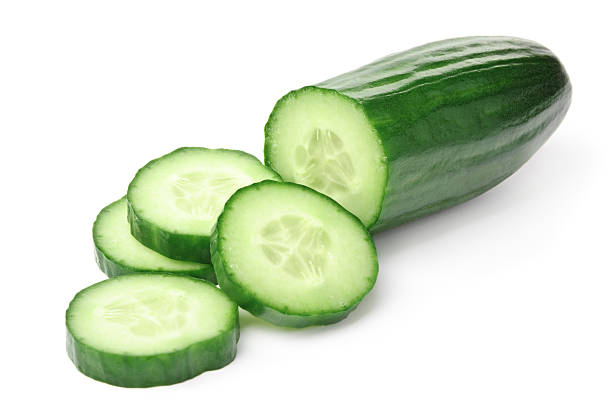
Boost Bone Health 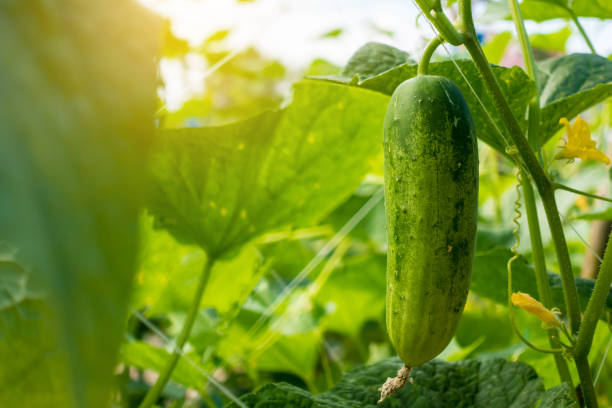
Boost Bone Health -
Cucumber is well-known for its cancer-fighting qualities. It can slow the spread of dangerous cells throughout the body and lower your chance of getting cancer cells. Oncologists or cancer doctors advise their patients to eat cucumbers in order to repair damaged cells in their bodies, which also improves blood circulation.
Cucumbers, a member of the Cucurbitaceae plant family, contain large quantities of the bitter-tasting vitamin cucurbitacin. Cucurbitacins, according to an article Trusted Source in the International Journal of Health Services, may help prevent cancer by preventing cancer cells from multiplying. A 133-g cup of diced cucumber with peel has around 1 g of fiber. Fiber may help prevent colorectal cancer.
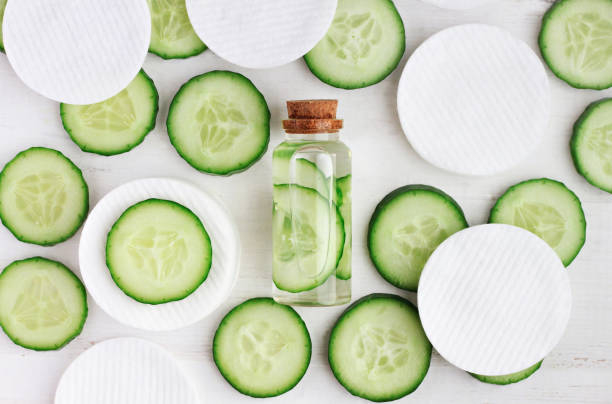
Reduce Your Risk of Cancer 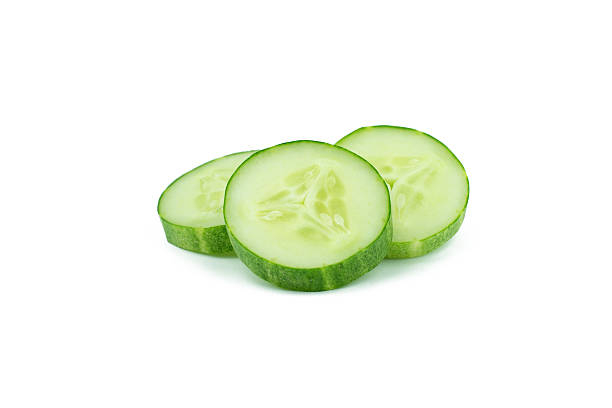
Reduce Your Risk of Cancer -
Cucumbers have the ability to help you lose weight in a variety of ways. First and foremost, they are low in calories. Each one-cup (104-gram) portion has just 16 calories, while a full 11-ounce (300-gram) cucumber has 45 calories. This means you can eat a lot of cucumbers without gaining weight from the added calories. Cucumbers may be used to bring freshness and taste to salads, sandwiches, and side dishes, as well as to substitute more calorie options. Furthermore, cucumbers' high water content may assist with weight reduction.
One study included 3,628 persons and found that consuming meals high in water and low in calories was related to a substantial drop in body weight. Cucumbers are low in calories and abundant in water, making them an excellent low-calorie topping for a variety of foods. All of these things may help you lose weight.
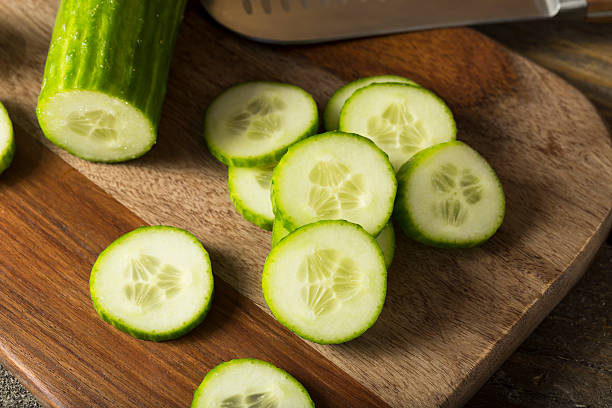
Aid in Weight Loss 
Aid in Weight Loss -
Cucumbers have been shown in animal and test-tube experiments to help lower blood sugar levels and avoid certain diabetic problems. One animal research looked at the impact of several plants on blood sugar levels. Cucumbers have been demonstrated to successfully lower and regulate blood sugar levels. In another animal investigation, mice were given diabetes and subsequently given cucumber peel extract. Cucumber peel restored the majority of the diabetes-related alterations and reduced blood sugar levels.
Cucumbers may also be beneficial in reducing oxidative stress and preventing diabetes-related problems, according to one test-tube research. The existing data, however, is restricted to test-tube and animal research. More study is needed to discover how cucumbers may impact human blood sugar levels.
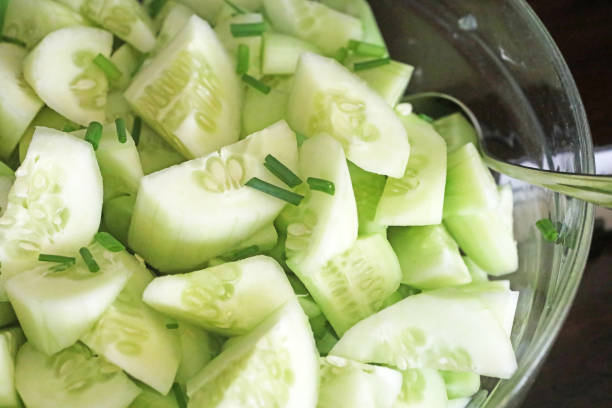
Lower Blood Sugar 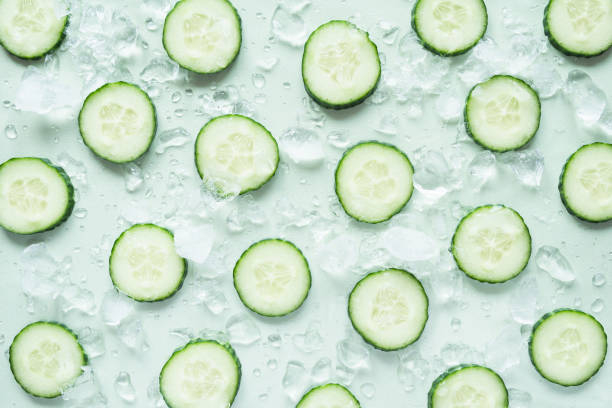
Lower Blood Sugar -
Cucumbers may aid in the maintenance of regular bowel motions. Dehydration is a key risk factor for constipation since it can disrupt your water balance and make stool transit harder. Cucumbers are high in water and help to keep you hydrated. Staying hydrated can assist with stool consistency, constipation prevention, and regularity.
Cucumbers also contain fiber, which aids in the regulation of bowel motions. Pectin, a kind of soluble fiber found in cucumbers, in particular, can help enhance bowel movement frequency. In one trial, 80 people took pectin supplements. It was discovered that pectin accelerated the action of the intestinal muscles while also feeding the beneficial bacteria in the gut that promote digestive health.
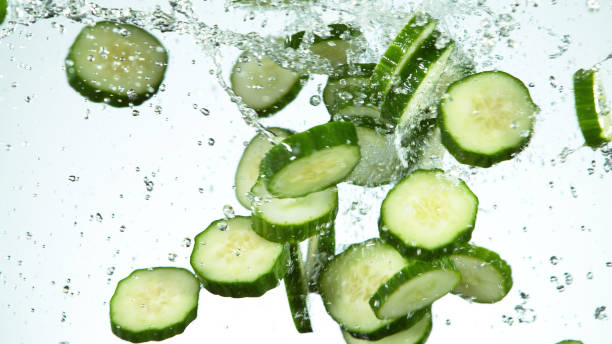
Promote Regularity 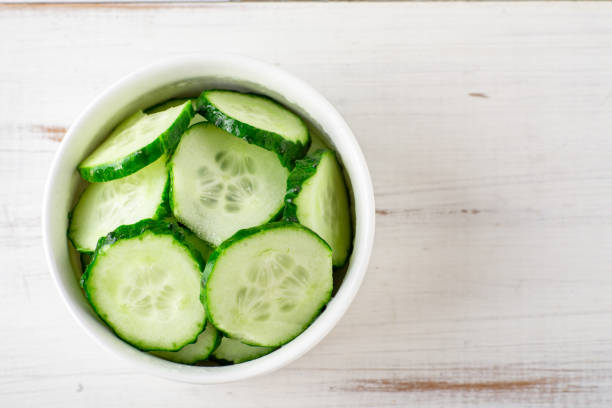
Promote Regularity -
Cucumbers may aid in the control and prevention of diabetes. It contains ingredients that may help decrease blood sugar or prevent blood glucose levels from getting too high. Cucurbitacins in cucumber, according to one idea, assist control insulin secretion and the metabolism of hepatic glycogen, a critical hormone in blood sugar processing. Cucumber peel was reported to effectively treat diabetic symptoms in rats in one research. This might be because of its antioxidant concentration.
According to the AHA, fiber may also help prevent and treat type 2 diabetes. Cucumbers have a low glycemic index value (GI). This means they give important nutrients without the addition of carbs, which can raise blood glucose levels.
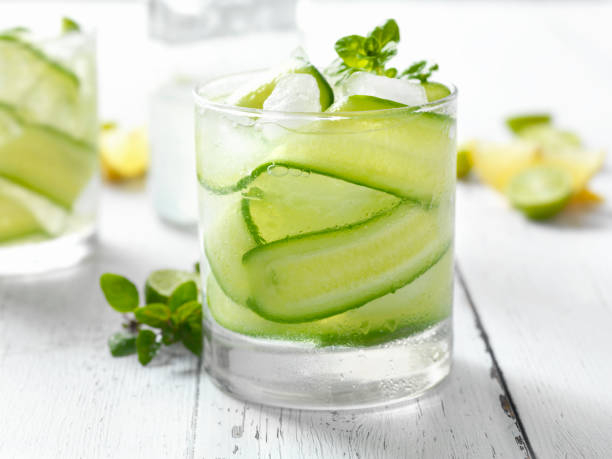
Help With Diabete 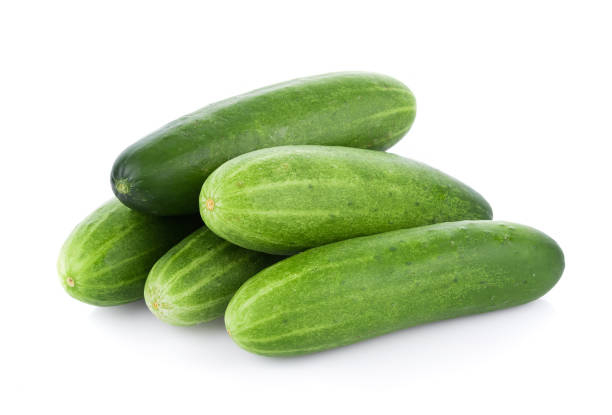
Help With Diabete -
According to certain studies, the nutrients in cucumbers may be beneficial to skin health. Cucumber slices applied directly to the skin can help cool and soothe the skin, as well as minimize edema and inflammation. It can help with sunburn. They can help reduce morning puffiness when applied to the eyes. Most people may safely use cucumber on their skin. People should begin with a tiny quantity. If they do not have an unpleasant response, it is most likely safe to use.
Cucumber considerably reduces sebum levels, according to a study on the effects of cucumber on human skin. This oily fluid that the sebaceous glands in your skin produce accumulate and, together with dead skin cells, clogs up the skin follicles, eventually leading to acne breakouts. In one study, the cucumber formulation was shown to reduce skin moisture content and enhance the release of bodily water via the skin, a process known as trans-epidermal water loss (TEWL), which strengthens the anti-acne benefits.

Benefit Skin Health 
Benefit Skin Health -
Cucumbers are high in healthy elements that nourish your scalp and promote hair development. These nutritious greens are high in vitamin K, vitamin A, magnesium, potassium, and antioxidants. The main advantage of cucumbers for your skin and scalp is that they reduce irritation. Cucumber oil, like rubbing cucumber slices on your eyes when you go to the spa, will calm swollen and irritated skin. Hair follicles are less likely to be clogged or damaged when the skin on your head is healthy and not irritated. As a result, applying cucumber to your scalp will encourage hair growth.
Cucumber, while it promotes hair growth, has no proven impact on reversing or preventing hair loss. It is most effective as a therapy for hair strengthening and scalp health. Cucumber promotes scalp health by delivering important nutrients, decreasing irritation, and hydrating the scalp. Cucumber can definitely assist if your scalp is flaky owing to dry skin. True dandruff, on the other hand, is a skin issue that requires specialized treatment, generally with a high-quality shampoo.
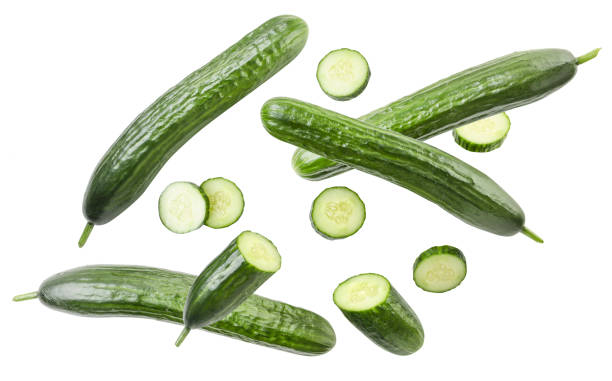
Good For Hair Growth 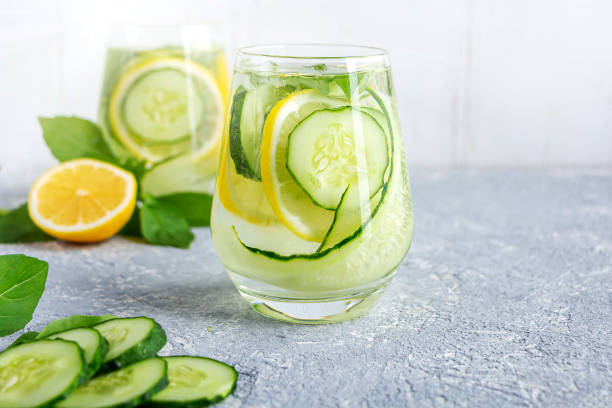
Good For Hair Growth































